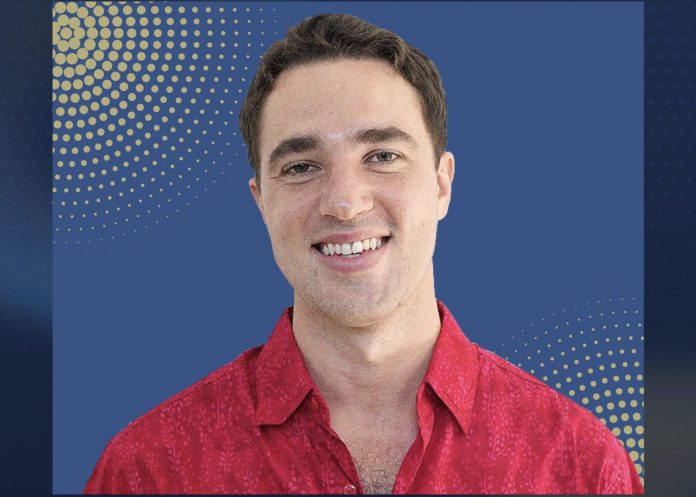French national Gary Bencheghib’s fight against marine plastic pollution in Indonesia earned him the prestigious Ramon Magsaysay Award, dubbed as “Asia’s Nobel Prize,” this year.
The award-giving body recognized the young man’s “youthful energies in combining nature, adventure, video, and technology as weapons for social advocacy.”
It also noted Bencheghib’s “creative, risk-taking passion that is truly a shining example for the youth and the world.”
When he was nine years old, his parents chose to live in Bali, making it the young boy’s home. He, however, discovered that Bali was not entirely tourism’s picture-perfect paradise.
Over 30,000 tons of plastic refuse travel down Bali’s waterways annually, according to data from the Ramon Magsaysay Award Foundation.
Environment groups have been reporting that Indonesia is the largest contributor of marine plastic pollution in the world after China, accounting for more than 600,000 tons of plastic dumped into the world’s oceans every year.
Bencheghib was only fourteen years old when he and his sister, Kelly, age 16, and brother, Sam, 12, started a weekly beach clean-up with friends.
Their effort turned into an organization called “Make a Change World” that would produce inspiring, educational multi-media content on plastic pollution and environmental protection.
The young Frenchman later took up filmmaking at the New York Film Academy and helped his team to pursue what he described as “crazy ideas” — exploring the polluted waterways of New York, circumnavigating the island of Bali in a repurposed traditional fishing boat, and documenting his brother, Sam, in his run across the American continent with recycled plastic shoes.
Raising public awareness of the environment, and realizing the important role of documentary filmmaking, particularly among the young, would lead Bencheghib to produce more than a hundred videos on plastic pollution and environmental protection that are posted on YouTube, Facebook, and other social media platforms.
In 2017, Bencheghib and his team kayaked and filmed an expedition on the Citarum River in West Java, dramatizing the state of what was called “the world’s most polluted river.”
The documentary, a dramatic series of nine videos, generated wide public interest and triggered a response from President Joko Widodo himself as the Indonesian government embarked on a seven-year Citarum River rehabilitation program.
In 2020, Bencheghib and his siblings established Sungai Watch that deploys multiple types of locally fabricated, moveable trash barriers that collect trash daily and sort it in a process that identifies each piece of plastic according to type, brand, and producer.
The Ramon Magsaysay Foundation noted that the project has become “an all-around, data-driven effort that involves community-level education and participation, partnerships with other environmental organizations, and community and corporate sponsorships.”
Sungai Watch also runs Indonesia’s first trash hotline for citizens to report trash locations on a dedicated WhatsApp line.
To date, Sungai Watch has set up 150 trash barriers in Bali and 20 trash barriers in Java and have collected over a million kilograms of organic and non-organic waste.
The organization’s next goal is to install a thousand trash barriers across Indonesia’s most polluted rivers.
“The problem of plastic pollution is a huge one but if we have that dream, that conviction, and that passion, then things can happen,” said the young Frenchman.









